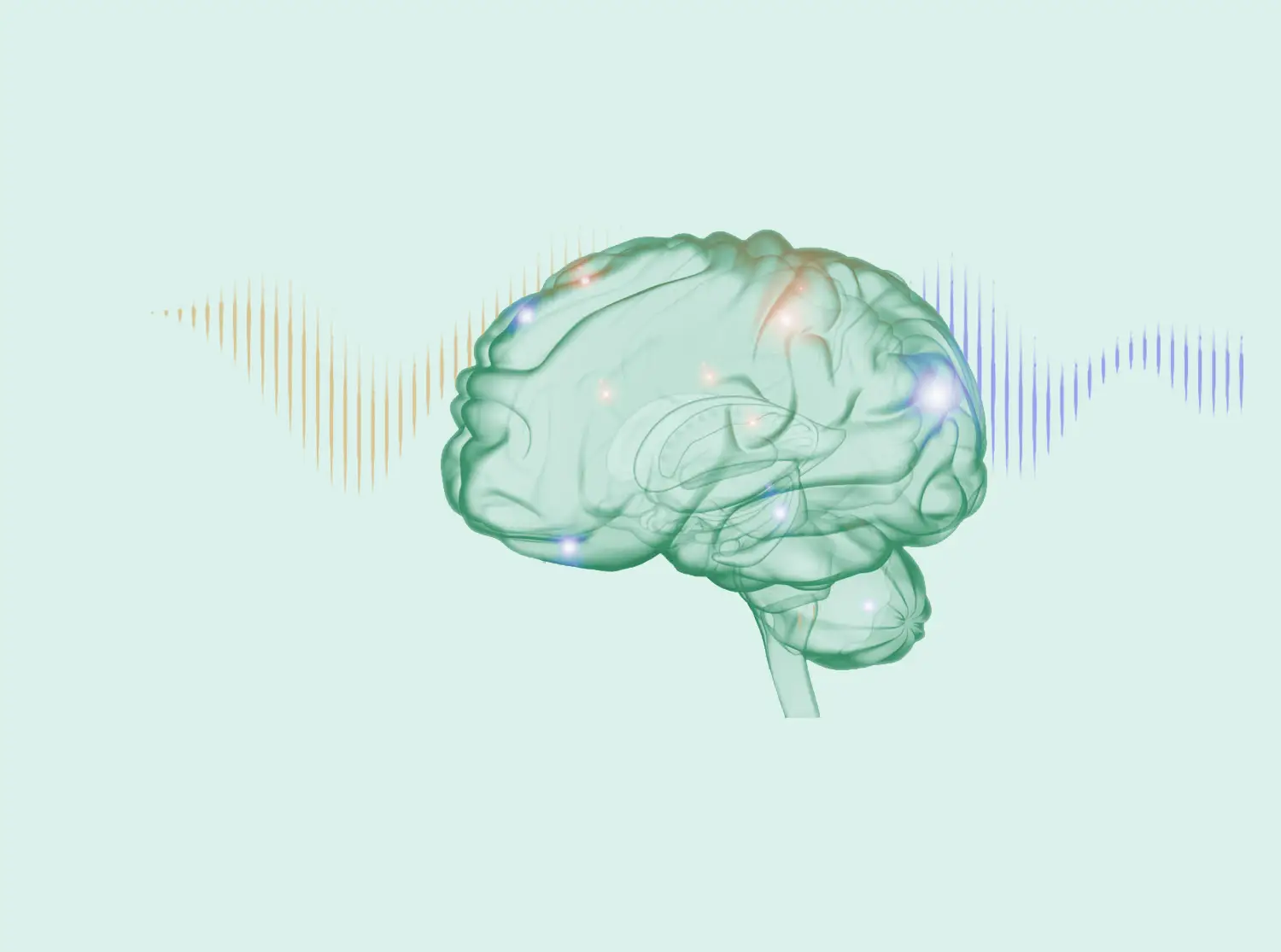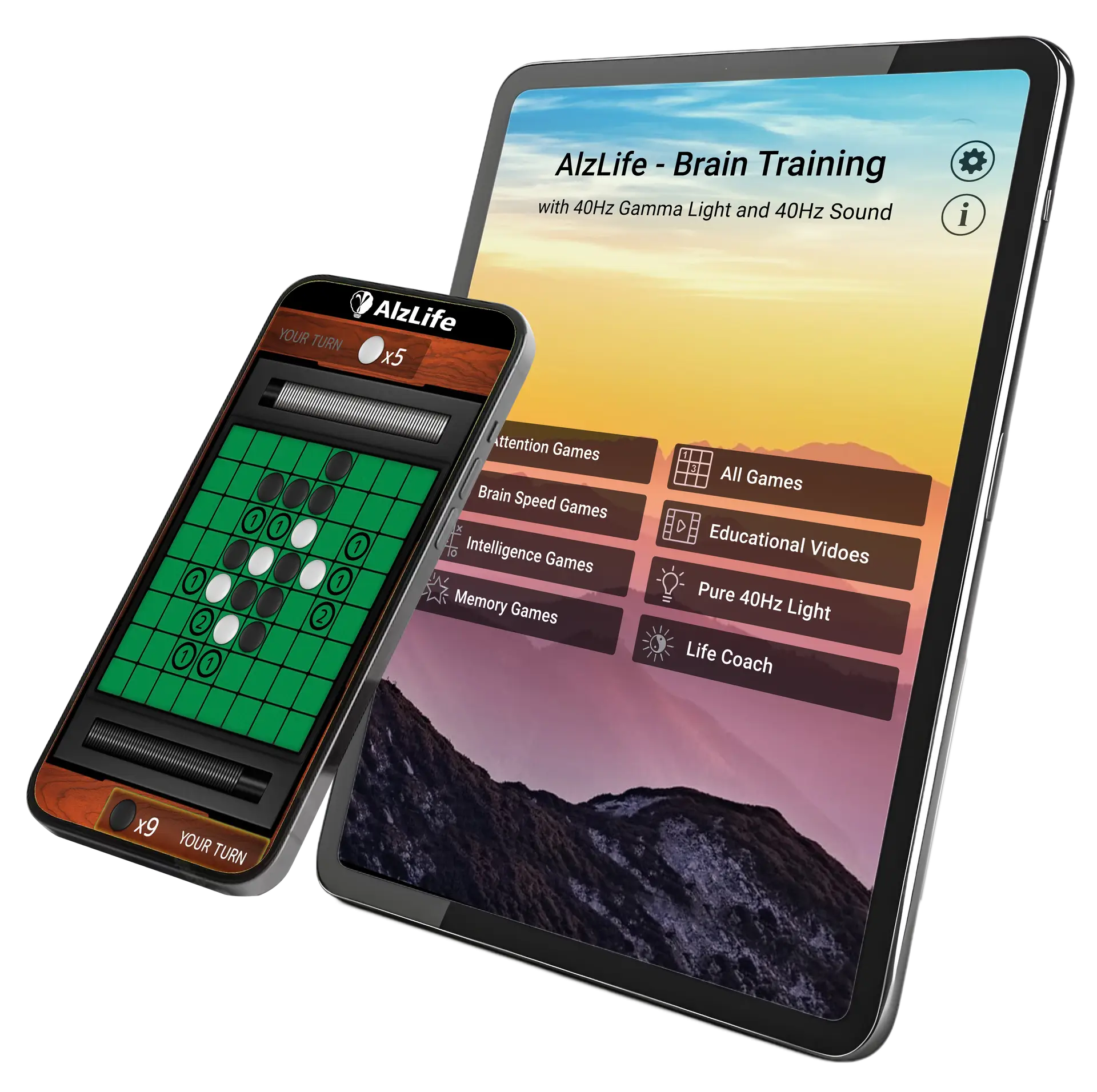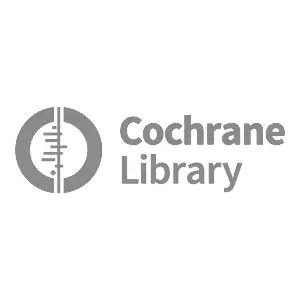Strengthen Your Brain’s Natural Rhythm
Think of your brain as an orchestra finding its rhythm. This natural rhythm—specifically at 40 cycles per second (40Hz)—is essential for memory, focus, and overall cognitive health.
Recent neuroscience research has uncovered something remarkable: it’s possible to help restore this rhythm using precisely timed light and sound. Early human studies have shown promising results in supporting brain function.
Cognitive exercises are also proven to strengthen memory and attention. By combining these exercises with 40Hz sensory stimulation, AlzLife offers a powerful, science-backed way to support brain health—especially in older adults.

How It Works
Track Your Cognitive Health
BoCA™ was developed by Boston Cognitive and is free to use today. You can take it online or in the iOS app, and create an account afterward if you want your results saved and compared over time.
Regular BoCA™ check-ins can help you spot meaningful changes early and take steps to support brain health.
Take BoCA™ NowPrefer mobile? Download the BoCA iOS App.
What People Are Saying
drjohnx
Tree top1
AlzLife Review
I’ve had the extreme pleasure to be introduced to this program 7 years ago. It has since become a daily ritual for my wife and me. We’ve found that daily use greatly enhances our cognitive skills. It causes us to think. I highly recommend this program for all older people. It will become just as favorite use as the daily paper use to be. Read Moreheronstone
Amazing
i’m 74. over the past several years, i’ve noticed “senior moments” a couple times per month. e.g. i’d go to the kitchen and then not remember what i was going to get. this isn’t a big deal really. that’s happened occasionally most of my life. but it’s been more frequent recently. i read about the 40 hz phenomenon in some science publication and built my own 40 hz sawtooth wave generator in software. i used it several hours per day for about a week. i noticed no particular effect from using it but… it’s been more than 6 months since then and i’ve not had a single “senior moment” since then. i now use this app instead of the 40 hz file i created. i’m not sure how often to use it now because, i still haven’t had any “senior” episodes so i do it occasionally. Read MoreTapdancer2
Fun Games
I got this for my husband who has vascular dementia. He enjoys playing some of the easier games and when he finishes, I grab the tablet and plunge into my favorite, Spider Solitaire. We both use it with the flickering light (which can be turned off). Our older iPad was bought because it is campatible with this app. I don’t know which models will deliver the 40Hz needed to be theraputic. Lots of other fun games available in the app too. Read MoreDoryD1
Great product
I have been using AlzLife for 3 weeks now. The games are fun. Surprisingly enough I enjoy the Jewel Crush game with its piano background music since I play the piano. In the last few weeks my ability to find words in word search games like Waffle and Word Finder has increased so much I hesitate to say it but it is like lightning speed. I have consistently used the program on my iPad for an hour a day with wonderful headphones. I started out using minimal light and a lower sound and increased as I became accustomed to it. I used the Luminosity app for several years, but Alzlife has been a great choice and I highly recommend it. There are games that are basic and games that are more challenging so Im sure you will find some games that you like! There are card games, chess, checkers, word finder, math, picture finder games of people, animals and things. Try it, you’ll like it, and for me it is working great. I highly recommend it. Best regards… I highly recommend this program for all older people. It will become just as favorite use as the daily paper use to be. Read MoreJeans genes stink
Non Invasive Cure
Hi! I use the Alz ap every day! If the games with the lights and sound hz can clear out proteins that cause Alz It’s a no brainer! I will continue to follow your research! Ty for the ap! KNSeattleguru
My husband with Alzheimer’s believes it’s working
My husband is in the early stages of Alzheimer’s and believes this app is making a difference. That’s all I need to know to give it a 5-star rating. KudosThe Science Behind AlzLife
What research says about 40Hz light and sound stimulation

New Study: 40Hz Stimulation Combined with Cognitive Activities
New study finds synergy between 40Hz stimulation and cognitive activities. Inclusion of a cognitive task during the 40Hz stimulation not only has a positive effect on the strength and extent of the gamma entrainment, but also promotes the propagation of gamma entrainment to additional neural areas…
These findings suggest that combining cognitive activities with stimulation may enhance its effectiveness.

Published results: First Human Study of 40Hz Light & Sound Stimulation
The first human study on 40Hz light and sound stimulation showed promising results. After three months of daily sessions, participants receiving 40Hz stimulation experienced measurable benefits:
- Less ventricular dilation and hippocampal atrophy
- Increased functional brain connectivity
- Better performance on memory tests
- Improved sleep and daily activity

TED Talk: Could We Treat Alzheimer’s with Light and Sound?
In her TED Talk, Prof. Li-Huei Tsai presents pioneering research on how 40Hz light and sound stimulation may reduce Alzheimer’s-related brain changes.
She explains how sensory stimulation can activate healthy brain rhythms, potentially supporting memory and cognitive health.
This research helped inspire the development of AlzLife’s approach to cognitive wellness.
Device compatibility
The 40Hz light stimulation requires a high refresh rate display (90Hz or above). On devices with lower refresh rates, 30Hz will be used instead, which may be less effective. The 40Hz audio and all cognitive games will continue to work normally. See our FAQ for a list of compatible devices
Disclaimers
- This app has not been approved by FDA for cure, mitigation, treatment, or prevention of disease. It is intended for maintaining and encouraging a healthy lifestyle.
- Some people who are susceptible to seizures may react negatively to gamma light. If you have had seizures in the past, we suggest that you avoid using this application before consulting your primary doctor.















